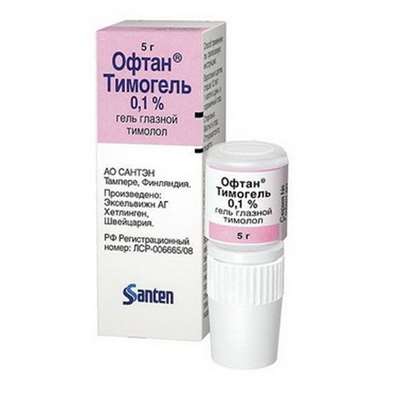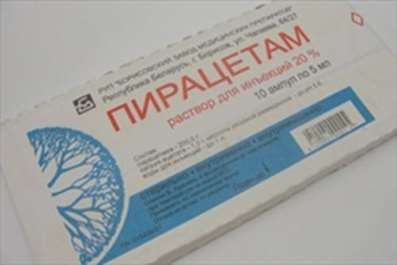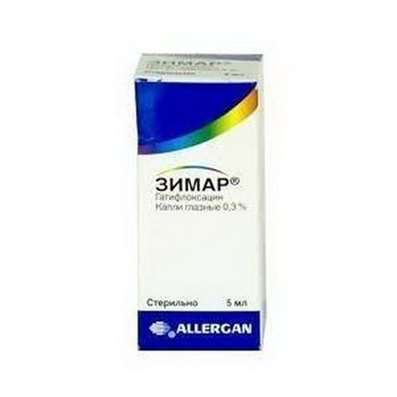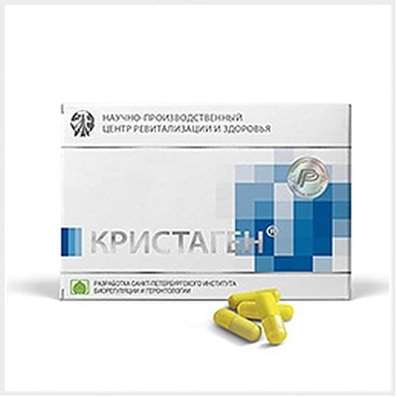Cogitum France and Cogitum Portugal. Are these different medications?
30 Mar 2018
It is often possible to meet the question: the French Ņogitum of the firm Sanofi and the Portuguese Cogitum company Korangi are different things?
Let's compare the compositions and understand - whether only the names of the preparations are consonant or indeed it is a question of the same drug with the same active substance.
Composition of the Portuguese Coguitum
175 mg of N-acetylaminosuccinic acid (250 mg of potassium salt),
1000 mg of levulose *,
15 mg of methyl parahydroxybenzoate *,
7 mg of banana flavor *
10 ml of purified water q.s.
DDR not set
Composition of the French Cogitum:
Sanofi company
Name of the product Trade name: Kogitum.
Chemical name: potassium N-acetylaminosuccinate
Dosage form Solution for oral administration.
The composition of 10 ml of the solution contains:
active substance: potassium acetylaminosuccinate 250 mg;
Excipients:
fructose 1000 mg,
methylparahydroxybenzoate 15 mg,
flavoring banana 7 mg,
water purified to 10 ml.
Pharmacotherapeutic group: tonic.
ATX Code: N06BX.
Description Transparent light yellow solution with the smell of a banana.
Let's compare the active substances. In Portuguese: N-acetylaminosuccinic acid (250 mg potassium salt) is the main component.
French: 250mg of potassium acetylamino succinate is the main component.
Acetylaminosuccinic acid (the dicalcium salt of N-acetylaminosuccinate) is a synthetic analog of aspartic acid (a non-essential amino acid); as a result, their chemical properties, as well as the mechanisms of biological action, do not differ. Moreover, aspartic acid, rather than acetylaminosuccinate (N-acetylaminosuccinic acid) was previously indicated as the active substance of the drug.
Acetylaminosuccinic acid (Cogitum, Sanofi Aventis, France) is not a food additive, does not refer to biologically active additives or "orthomolecular" complexes. Acetylamino-succinic acid is officially registered in Russia as a prescription drug. This drug belongs to the pharmacological group "Toning agents and adaptogenes", which allows you to extrapolate to the described drug the basic general characteristics of these drugs. In accordance with the existing definition, these are "herbal preparations (native or in the form of pure active substances) that have a low specific generalizing effect on the functions of the central nervous system, endocrine regulation, metabolic processes and increasing the adaptation of the organism to unfavorable conditions".
As a result, we can put an equal sign between the terms used: both here and there it is said about the N-acetylaminosuccinic acid contained in the two-potassium salt in the same volumes on the ampoule.
Other components: these are auxiliary elements (including sweeteners) that practically coincide in both compositions and do not affect the pharmacological effect.
You can safely say - both drugs are identical in composition and volume of ampoules. Only one insignificant difference: it is a 20 ampoule in the Portuguese cogitum instead of 30 ampoules in the French coguitum (now withdrawn from production or re-registered).

 Cart
Cart





